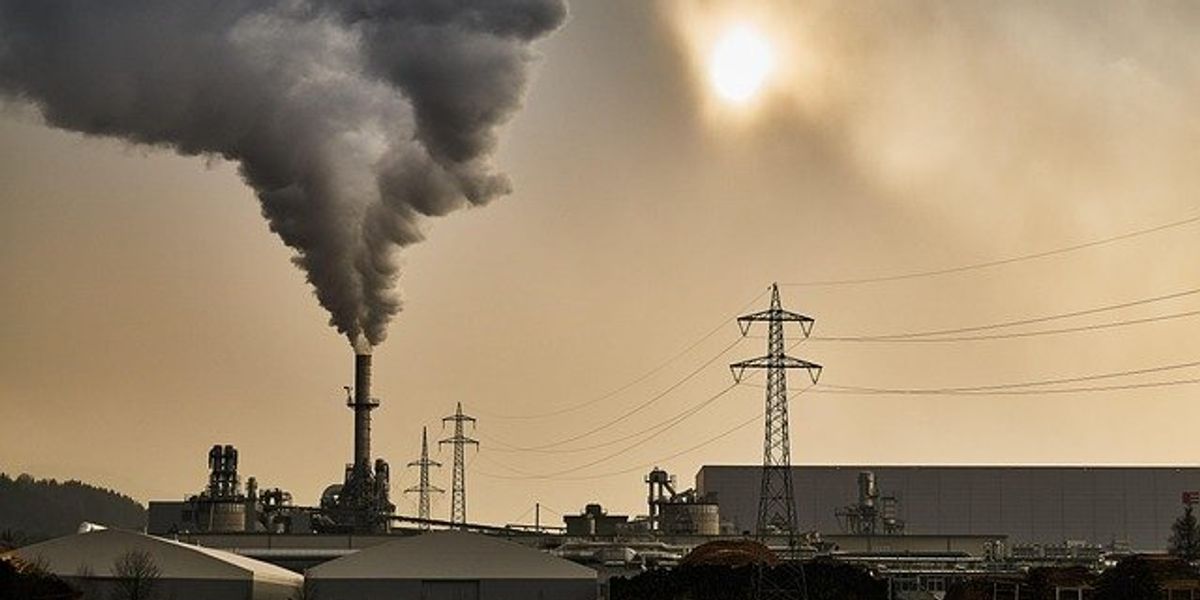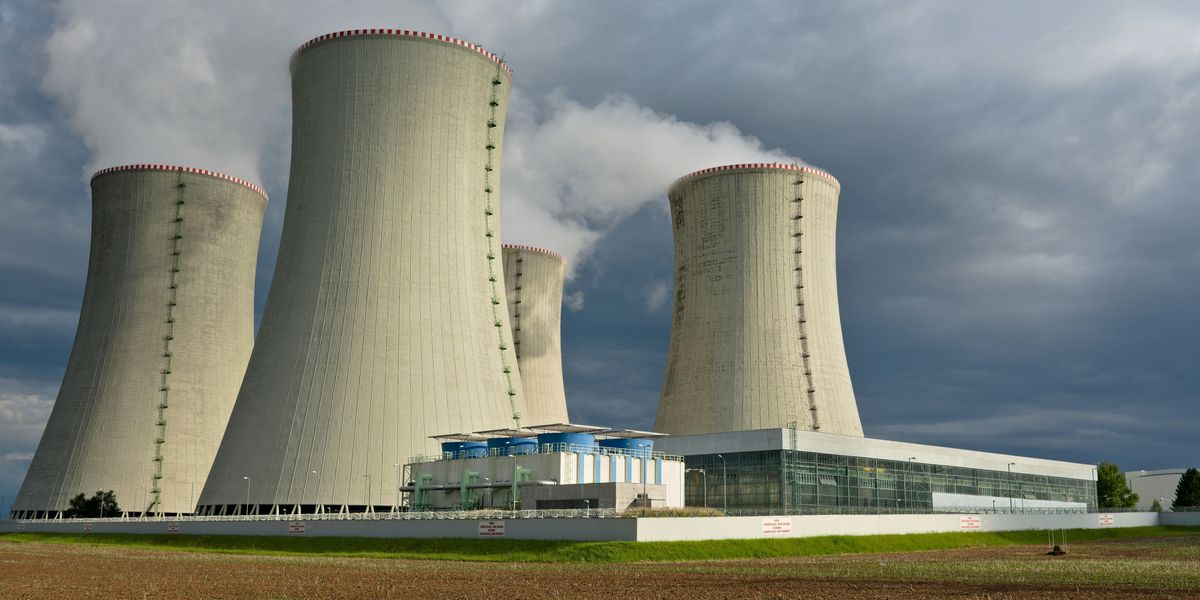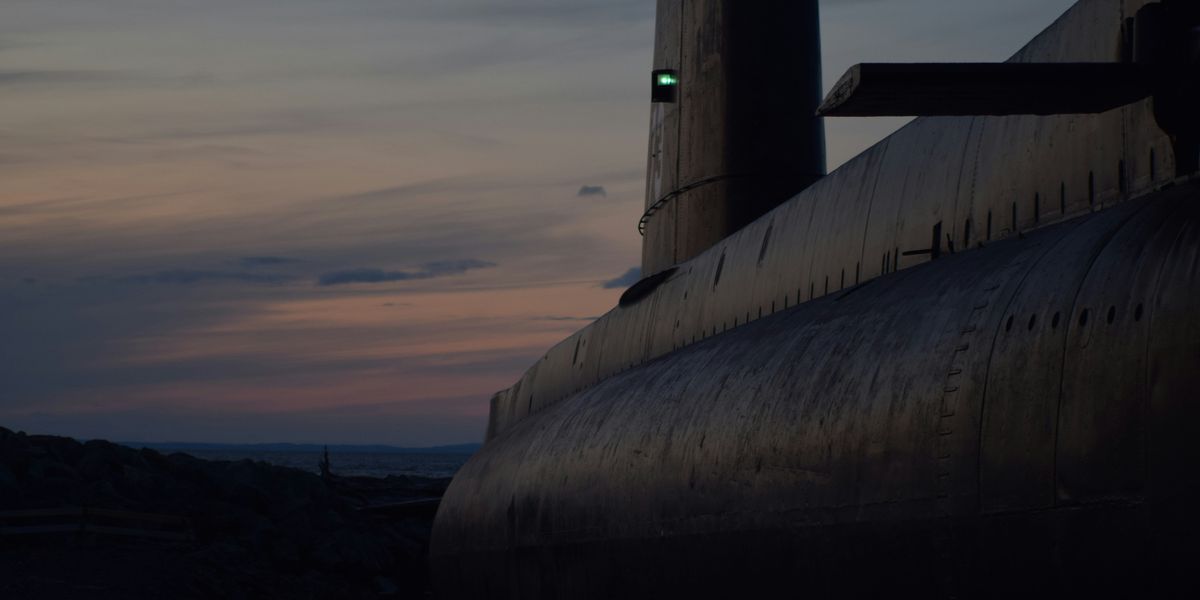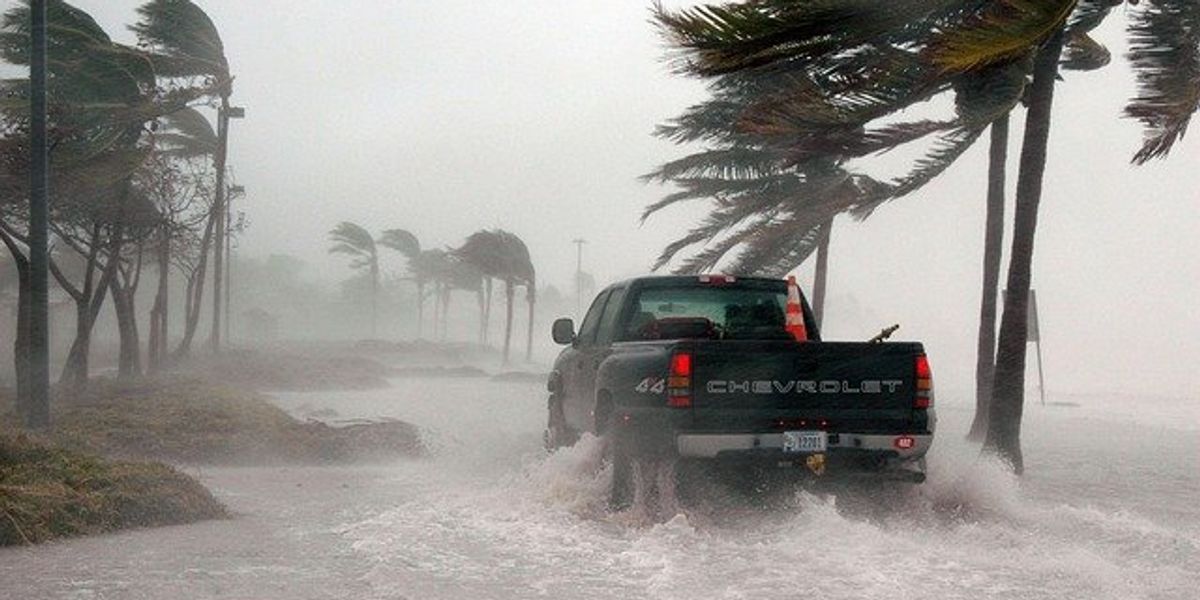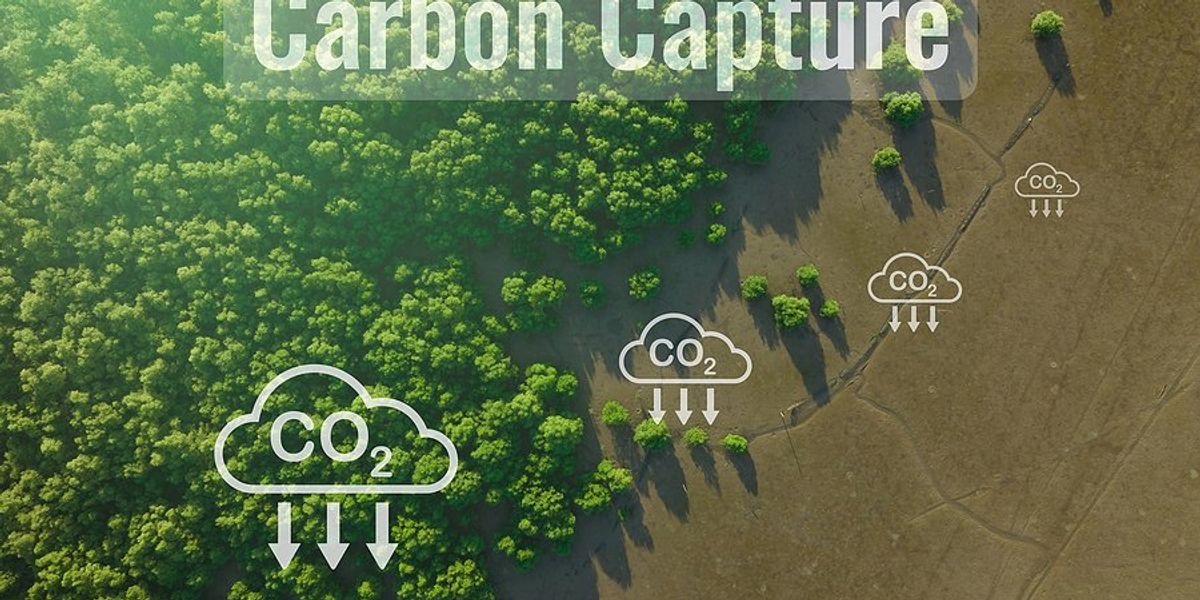
EPA moves to hand Texas control over carbon storage permits amid industry pressure
A federal proposal would give Texas the authority to regulate its own carbon dioxide injection wells, despite growing concerns about groundwater safety and seismic risks.
Valerie Volcovici reports for Reuters.
In short:
- The U.S. Environmental Protection Agency has proposed approving Texas’s application to manage permits for underground carbon dioxide injection, known as Class VI wells, used in carbon capture and storage (CCS).
- EPA Administrator Lee Zeldin cited Texas's capability to protect drinking water while enabling CCS projects that could curb industrial CO2 emissions and benefit oil companies with deep drilling experience.
- Landowners and environmental groups say the plan could worsen groundwater contamination and seismic activity, especially in the Permian Basin, where the state already oversees wastewater disposal linked to similar hazards.
Key quote:
“EPA is taking a key step to support cooperative federalism by proposing to approve Texas to permit Class VI [CO2 injection] wells in the state.”
— Lee Zeldin, EPA Administrator
Why this matters:
Carbon capture and storage is gaining traction as a climate strategy, but the infrastructure it requires — pumping liquefied carbon dioxide deep underground — comes with environmental risks. In Texas, where oil companies stand to profit by adapting existing drilling technology for CCS, oversight questions grow more urgent. Injecting high-pressure fluids underground has been linked to groundwater contamination and earthquakes, particularly in areas already burdened by oil and gas activity. Giving Texas, a state with a pro-industry stance and a mixed track record on environmental enforcement, more control over this process could weaken safeguards.
Read more: Texas takes a giant leap in carbon capture

